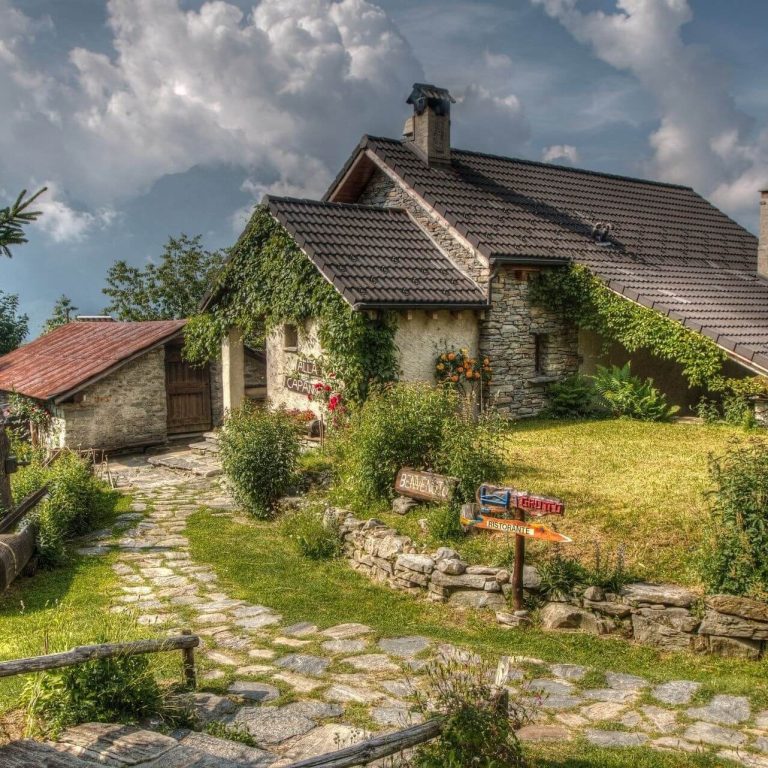When should I get homeowners insurance, and is it mandatory?
When searching for the perfect property, you may have questions about homeowners insurance. Homeowners insurance is an extra expense that many people have questions about, including whether or not they need it, and if so, when they should get it.
In order to help you decide if you need homeowners insurance, we’ve compiled some frequently asked questions and answers.
Is Homeowners Insurance Necessary?
In most countries, homeowners insurance is voluntary. Yet, mortgage providers will insist that you obtain homeowner’s insurance before they will grant you money to make the purchase. If the home is damaged or destroyed as a result of an insured event such as a fire, lightning strike, tornado, or other covered catastrophe, the homeowner’s insurance policy will pay to have the property repaired or rebuilt, safeguarding the mortgage lender’s investment.
What Type of Homeowners Insurance Do I Require?
There are many things to think about, but first and foremost, you need homeowners insurance, which often includes coverage for:
- After a covered loss, homeowners insurance can help pay to fix or rebuild your home and possibly other structures on your property, such a detached garage or a storage shed.
- The contents of your home, from the sofa to the china, may be replaced in the event of a covered loss thanks to the financial protection provided by homeowners insurance.
- You might require temporary housing while your house is being repaired or rebuilt. Coverage for “extra living expenses” (ALE) in your homeowners insurance policy could come in handy in this situation.
- If a guest sustains injuries as a result of a fall on your property, you could be held liable for their legal costs. Your homeowner’s insurance may pay for legal fees, medical bills, and financial judgements up to the policy’s maximum amount.
- Often, earthquake and flood damage are not covered by a basic homes policy. Your mortgage servicer may insist that you purchase earthquake or flood coverage, depending on where you live. Also, if you have valuables such as an art collection or fine jewelry that are worth more than the limits of your homes insurance, you may decide to get additional coverage for those items, known as a Personal Items Floater (PAF).
Is Hazard Coverage the Same as Homeowners Coverage?
Mortgage companies may refer to the portion of a homeowner’s policy that covers the building itself as “hazard insurance.” The lender just requires you to get homeowner’s insurance, despite the somewhat confusing phrasing. Lenders may also stipulate that you purchase flood insurance, among other forms of protection, depending on where you live.
What Kind of Homeowners Insurance Do I Need?
Depending on the cost of your home and goods, you may require a different amount of homeowners insurance. After discussing with your agent a financial amount that would compensate you for the loss of your home’s structure, you should do the math to determine how much it would cost to replace the structure in your area.
Next, inventory your belongings to see if their total value is lower than the personal property policy limit, which is often between 50 and 70 percent of the dwelling’s coverage. Instead of Actual Cash Value coverage, Replacement Cost overage will pay you the full amount needed to replace your assets. Think about how much money you’d need from your Extra Living Costs coverage if you had to stay away from home for an extended period of time. Last but not least, think about how much liability insurance you actually need. According to the Insurance Information Institute (III), the minimum amount of homeowners insurance you should get is $300,000 to $500,000 in case something happens to your typical residence.
Keep in mind that many insurance providers provide discounts if you bundle policies, install certain smart home devices, or maintain a certain energy efficiency rating for your home. See if you may save money on your homeowner’s insurance by contacting your carrier or an insurance agent.
When Should I Get Homeowners Insurance?
As soon as you sign a contract to buy a home, it is time to start shopping for homeowners insurance. That way, you may shop around for the best rate and have your coverage in place before closing. The time between putting pen to paper on a home purchase and actually moving in might range from a few weeks to a full month. Is home insurance mandatory before closing? At closing, you will be asked to provide proof that you have paid the first full year’s premiums for homeowners insurance.
How Long Does Homeowners Insurance Take to Get?
Coverage duration is likely to be a topic of inquiry for first-time homes insurance purchasers. An insurance quote for your home should only take a few minutes to receive. Depending on the type of property you wish to insure, you may be able to obtain a homeowners insurance policy within a few hours of making the decision to move forward. One to three business days is the norm when applying for homeowners insurance.
Is Homeowners Insurance Required After I Pay Off My Mortgage?
Maybe you’ve been paying down your mortgage for years now because you bought your home many years ago. When you’ve paid off your mortgage in full, your lender can no longer require you to maintain mortgage insurance. But, keep in mind that you have invested a significant amount of time and money improving your home and building equity, and that you should protect this investment with insurance in the event of a loss. Your home is where you and your family will develop memories that will last a lifetime. Buying homeowners insurance might protect your home and its value for years to come.
What If My House Is Damaged and I Don’t Have Homeowners Insurance?
Your homeowner’s insurance may pay to fix your home or property if it is damaged in a fire, a tornado, or another covered calamity. But if you don’t have homeowner’s insurance and your house gets destroyed, you might have to pay for the costs of repairs out of your own pocket or come up with some other way to get your house back in shape. If the worst happens, you could lose all you invested. Keeping up with your home insurance premiums is a great way to ensure that you will have the financial resources to replace or repair your home and belongings in the event of a covered loss.


